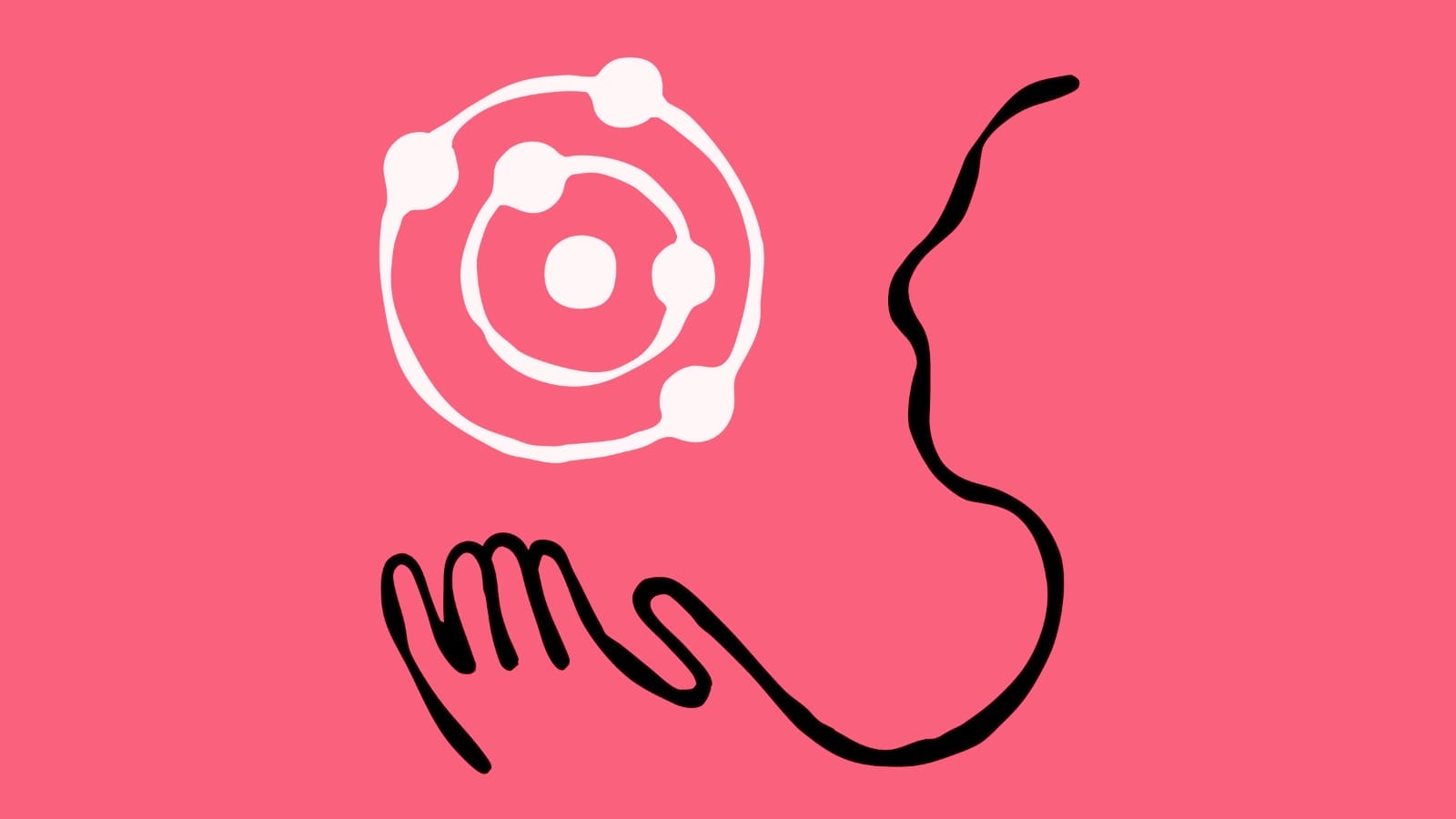The AI company Anthropic has released Claude Opus 4.5, its latest flagship model. The launch is accompanied by a significant price reduction, new product features, and performance claims that position it competitively against models from rivals like OpenAI and Google.
According to Anthropic, Claude Opus 4.5 delivers state-of-the-art performance, particularly in software engineering and complex reasoning tasks. The company reports that the model is the first to score above 80% on the SWE-bench Verified benchmark, a respected test for real-world coding challenges. In data shared by the company, Opus 4.5 outperformed competing models, including OpenAI’s GPT-5.1-Codex-Max and Google’s Gemini 3 Pro.
In a notable demonstration of its capabilities, Anthropic stated that Opus 4.5 scored higher on a difficult internal take-home exam for performance engineering candidates than any human applicant has. The company clarified that the test assesses technical skills under time pressure and does not measure other crucial skills like collaboration or communication.
Improved efficiency and lower costs
A key aspect of the release is a major price reduction. The cost for Opus 4.5 is set at $5 per million input tokens and $25 per million output tokens, a decrease of approximately two-thirds from its predecessor, Claude Opus 4.1. Anthropic claims this price drop is made possible by significant efficiency gains. The company states that Opus 4.5 can achieve similar or better results than previous models while using substantially fewer tokens—the units of data processed by the AI.
To give developers more control, a new “effort parameter” has been introduced in the API. This feature allows users to balance performance against cost and speed, instructing the model on how much computational work to apply to a given task.
New product integrations and features
The release of Opus 4.5 is coupled with several updates to Anthropic’s product suite, with a focus on agentic use cases where the AI can perform multi-step tasks autonomously. Key updates include:
- Endless Chats: Paid users of the Claude app can now have conversations without interruption by context window limits. The model automatically summarizes earlier parts of the chat to maintain context.
- Excel and Chrome Integrations: The Claude for Excel and Claude for Chrome tools, previously in limited testing, are now more widely available to subscribers.
- Claude Code Updates: Anthropic’s coding assistant gains an improved “Plan Mode” and is now available as a desktop application, allowing users to run multiple AI sessions in parallel.
Anthropic also highlighted the model’s safety, claiming that Opus 4.5 is its most “robustly aligned model” to date and is more resistant to prompt injection attacks, where malicious instructions are used to deceive the AI. In one example of its problem-solving abilities, the company described how the model found a legitimate but unanticipated workaround to airline ticket policy, demonstrating what testers called creative thinking.
Early customers and testers cited by Anthropic reported that the model exhibits improved judgment and requires less guidance to handle complex tasks. Several noted its ability to power “self-improving agents” that can refine their own methods for solving problems over several iterations, a capability particularly useful for office automation and complex coding workflows. The release positions Opus 4.5 as a more accessible and capable tool for developers and enterprises in an increasingly competitive AI market.
Sources: Anthropic, VentureBeat, TechCrunch
